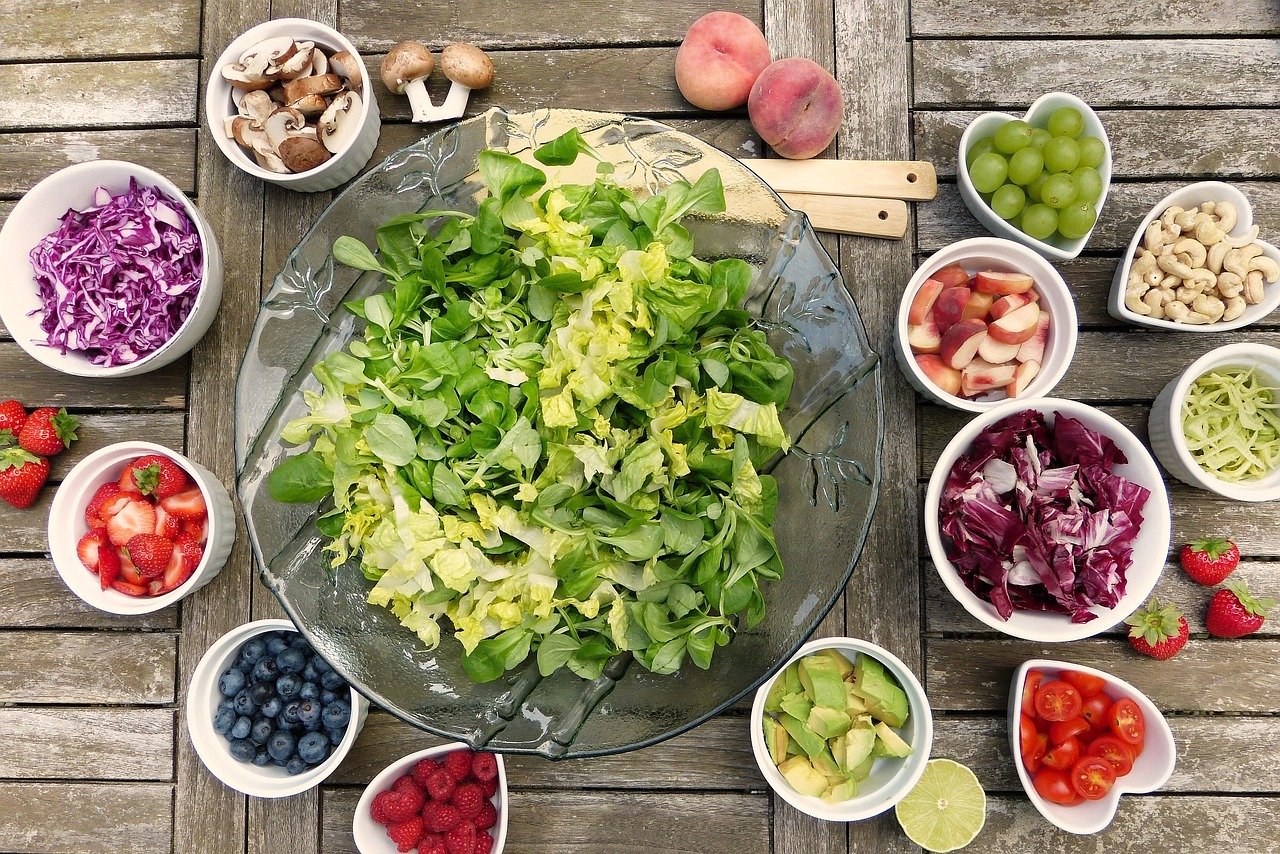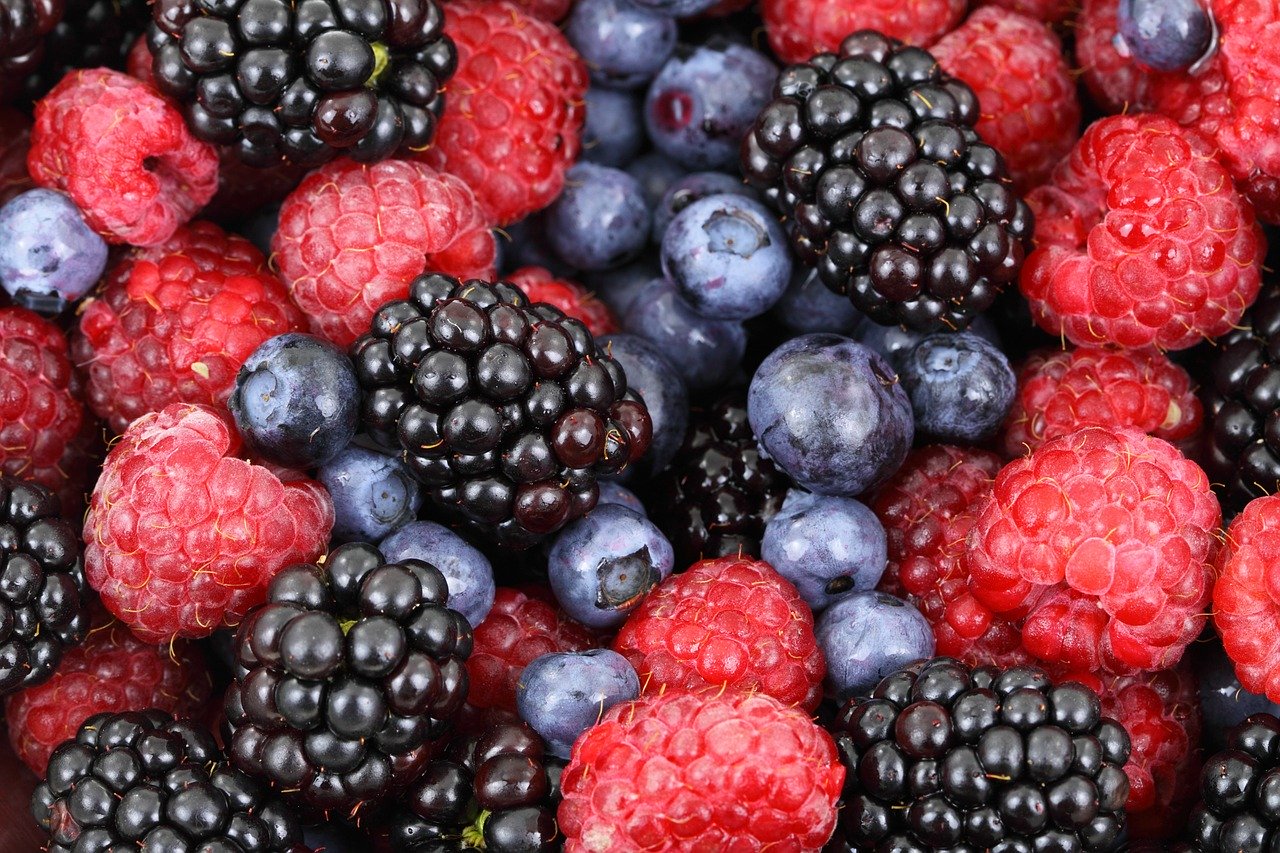Lose
weight71.6% of adults aged 20 and over are overweight or obese
“Obesity is a complex health issue resulting from a combination of causes and individual factors such as behavior and genetics. Behaviors can include physical activity, inactivity, dietary patterns, medication use, and other exposures. Additional contributing factors include the food and physical activity environment, education and skills, and food marketing and promotion” (Centers for Disease Control).
Almost 50% of Americans are trying to lose weight
“Obesity is serious because it is associated with poorer mental health outcomes and reduced quality of life. Obesity is also associated with the leading causes of death in the United States and worldwide, including diabetes, heart disease, stroke, and some types of cancer” (Centers for Disease Control).
Lifestyle changes
When it comes to weight loss, many people try fad diets that heavily restrict caloric intake. While these diets may work in the short term, they are almost impossible to maintain.
Our bodies need proper nutrition and food to function properly. Strict caloric restriction can have many negative side affects. Rather, it’s important to focus healthy lifestyle changes such as increasing the amount of fruits, nuts, grains, and vegetables that you consume. Try to limit heavily processed foods and cook meals from scratch as much as possible.
Make sure you have plenty of healthy snacks on hand and available so when you get hungry you are not tempted to each sugary or processed foods but rather reach for a piece of fruit or vegetables instead.
Make exercise a part of your daily life. This doesn’t mean you need to start training for a marathon! Daily exercise might look like walks in the park, bike riding, swimming, jumping on a trampoline, etc. The important point is to make sure this exercise is something you enjoy and is sustainable. If you hate running on the treadmill, it won’t become a consistent and enjoyable exercise routine. Try being creative in the ways you move your body.
Remember, the point is to create a sustainable lifestyle change. Fad diets that promise immediate results will end up disappointing you in the long run and leaving your body worse off.
Health
starts todayObesity Stats
- The prevalence of obesity was 42.4% in 2017~2018.
- From 1999–2000 through 2017–2018, the prevalence of obesity increased from 30.5% to 42.4%, and the prevalence of severe obesity increased from 4.7% to 9.2%.
- Obesity-related conditions include heart disease, stroke, type 2 diabetes and certain types of cancer that are some of the leading causes of preventable, premature death.
- The estimated annual medical cost of obesity in the United States was $147 billion in 2008 US dollars; the medical cost for people who have obesity was $1,429 higher than those of normal weight.
- Non-Hispanic blacks (49.6%) had the highest age-adjusted prevalence of obesity, followed by Hispanics (44.8%), non-Hispanic whites (42.2%) and non-Hispanic Asians (17.4%)
- The prevalence of obesity was 40.0% among young adults aged 20 to 39 years, 44.8% among middle-aged adults aged 40 to 59 years, and 42.8% among adults aged 60 and older.
*All stats come from CDC.gov
10 Steps to Weight Loss
Water
Try drinking at least 8 glasses of water each day! Limit sugary beverages like sodas and fruit juice and drink water and tea instead (just don’t add too much creamer or sugar to your tea)!
Plan
Healthy meals don’t need to take a lot of time or energy! Try planning out your meals in advance so you know exactly what you will be eating each day. Make a list of your favorite healthy meals so you have plenty of ideas when it’s time to plan your menu for the week!
Move
It’s important to move every day! This could be a walk in the park, a bike ride, a swim, or chasing your dog! Remember that exercise should be sustainable and enjoyable.
Snacks
Make sure you have plenty of healthy snacks easily accessible. When you get hungry, make sure the first snacks you see are ones that will fuel your body and make you feel good like a handful of nuts, blueberries, or carrots and hummus.
Rest
Getting consistent sleep helps with weight loss! Aim for 8 hours each night. Work to go to sleep and wake up at the same time each day.
Stress Reduction
Data has shown that stress can lead to weight gain! Try to minimize your stress by taking time for self care and activities that are enjoyable and relaxing.
Balance
Life is all about balance. No one can eat perfectly health all the time! That’s an unrealistic and unhealthy goal. Rather, aim to eat healthy, whole foods 80% of the time, and give yourself grace the other 20% of the time.
Mindset
It’s important to remember that weight loss is often a long journey. If you have a bad day, remember that tomorrow is a new day. Don’t throw away days or weeks because of one bad day.
Sustainability
Your goal should be to create a sustainable lifestyle change. As you cook healthy food and exercise, ask yourself, “Is this something I can do for the rest of my life?” If the answer is “no,” try switching up your recipes or exercise routine. These changes are ones you should want to keep forever!
Education
If possible, talk to a registered Dietitian and/or your doctor about your weight loss goals. Avoid obsessing over fad diets and weight loss ads you find online.
*The information on this site should not be used to replace guidance from medical professionals.
Free Health News!
Join our mailing list for health tips and encouragement!
Get in Touch
Send prayer requests, questions, and thoughts! We love hearing from you!




